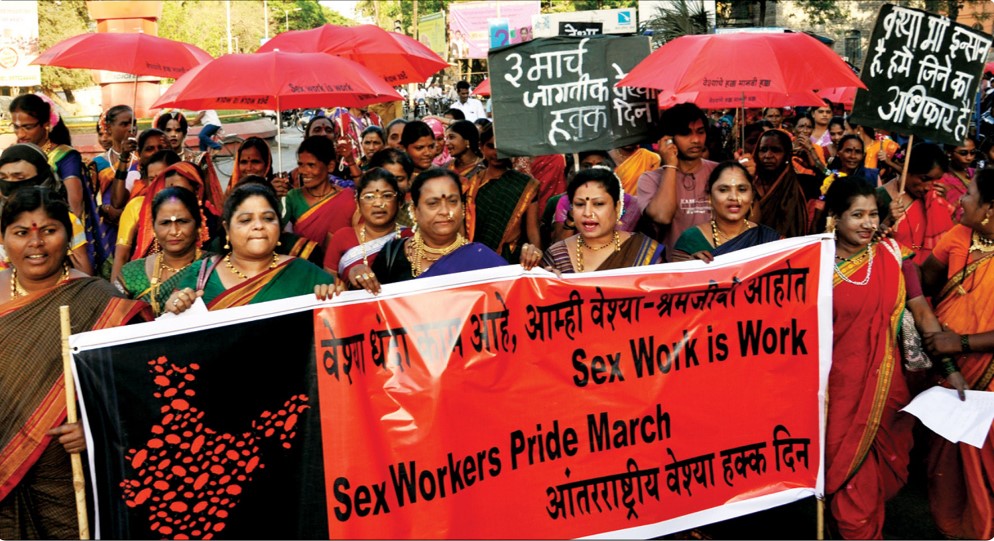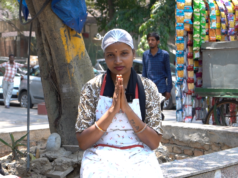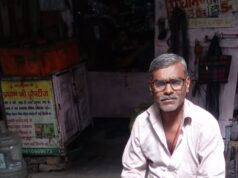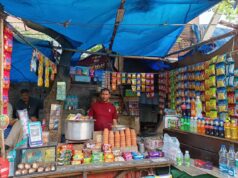Conversations around sex workers in India have always been received with moral panic and prominent stigmas. They are looked at disdainfully, not considered a part of “civilized” society, with their existence confined to the red light areas. Prostitution is now legalized in India— a historical judgment aiming for equal protection under the law and preventing harassment or coercion by uniformed officers during raids. Hence, it is essential to evaluate how policy-making and legal systems have assisted the community, or become an increased burden.
The root causes of prostitution in India include human trafficking, religious practices like the Devadasi system, and abject poverty pressurizing women into the trade with no other avenues left. The sector is a vicious circle trapping even their children, who are discriminated against and denied equal educational and work opportunities owing to their background and residence.
Sex work in India had not been explicitly illegal, despite being defined in the Immoral Traffic (Prevention) Act 1956 as an individual’s sexual exploitation for monetary or commercial purposes. Activities regarding sex work, such as owning a brothel, pimping, or living on a sex worker’s wages, had been criminal offenses. This was done to criminalize exploitative acts and punish organized crimes in the sector. However, social stigmas, the pendency of judicial cases, and loopholes in the act have relentlessly added to the plight of sex workers. For instance, Section 3 of the 1956 act stated punishments for keeping, running, and managing a brothel. The act described a brothel as a premises “for the mutual gain of two or more prostitutes.” However, this rendered even houses shared by prostitutes illegal, presuming that the accommodation is solely being shared for monetary gains through sexual activity, like a brothel. It becomes challenging for sex workers to lead a normal life if their homes are labeled brothels and dismantled.
Sex workers in India are a large community most vulnerable to issues like sexually transmitted diseases or infections, unwanted pregnancies, violence from clients, and being devoid of facilities. They should be receiving adequate healthcare and sensitization and not be refused medical care by any institution. However, studies have found that more than two-thirds of sex workers have had appaling experiences in hospitals or rehabilitation centers. These include being refused healthcare because of their profession, facing embarrassing questions, and being neglected, rebuked, or charged more than other patients. They also reported facing a judgemental or disapproving attitude from healthcare professionals upon determining their profession. These experiences are not specific to India and often deter sex workers from seeking healthcare. Furthermore, being HIV-positive further increases this stigma.
Therefore, despite substantial attempts, such as the Trafficking of Persons (Prevention, Protection, and Rehabilitation) Bill, 2018, to reduce the community’s struggles and prosecute criminals, it received backlash from sex workers. They contest that the bill conflates consensual sex work with trafficking, making everyone involved in the profession a victim of trade or a criminal. It was alleged that no sex worker groups were consulted while drafting the legislation. The law’s 2021 revised draft was welcomed by anti-trafficking activists, lawyers and researchers and aimed to prevent and counter trafficking while ensuring the care, protection, and rehabilitation of victims. It aims to respect their rights while creating a supportive legal, economic and social environment, ensuring offenders’ prosecution. We need a sensitive and inclusive approach to understand their needs and wants. Concepts like Public Choice Theory must be applied with good policy-making principles to empower this marginalized community having little to no access to education or legal aid. It is imperative that we evaluate and reduce areas of conflict between the state and its people. The Public Choice Theory can ensure that politicians and civil servants act, safeguarding people’s best interests through appropriate policies and welfare measures.
Human Trafficking is a crime affecting multitudinous lives globally, robbing them of their rights. Every year, countless women and children are deceived, abducted, or sold for forced prostitution, to men that victimize them into the horrors of sexual exploitation. Of an estimated 20 million commercial prostitutes in India, 16 million women and girls are sex trafficking victims. Out of every four girls in India that enter prostitution every hour, three are coerced.
The COVID-19 pandemic rendered most sex workers riddled with financial problems, accepting clients and risking their lives to repay debts. Over 95% of sex workers from Maharashtra helplessly continue sex trade due to their debts. The lockdown resurfaced the ugly dynamics of red-light areas that force prostitutes to depend on pimps and brothels for basic amenities.
The discourse on sex work takes multiple standpoints, with many schools of thought regarding it an outcome of crime, systemic exploitation, and abuse of rights. With voluntary sex work becoming commonplace because of media platforms like OnlyFans abroad, it is important to sensitize people and create avenues toward their social inclusion irrespective of circumstances. Organizations like Amnesty International have worked toward decriminalizing sex work in countries like Hong Kong, Norway, and Papua New Guinea and ensure protection from exploitation and violence through state obligation. In cities like Hyderabad and Kolkata, sex workers are politically engaged and advocate for their community’s rights and welfare. The National Network of Sex Workers is a pan-India network of sex worker-led organizations and allies and has membership of 50,000 people. It mobilizes female, male, and transgender sex workers to function a pressure group influencing policy and working toward awareness and welfare of sex workers across states. Media portrayal also plays a significant role in shaping public opinion, especially in India. Movies like Udta Punjab or Begum Jaan paint the gritty realities of women exploited and pushed into the profession. Contrarily, instances from movies like Dev D are few and far between showcasing a voluntary sex worker aided by coworkers to complete her education and pursuing it after the age of consent. As we discover icons like Gangubai Kathiawadi, it is important to prioritize sex workers’ welfare by providing them and their children access to quality healthcare services, educational institutions, and alternate livelihoods. Despite the stigma around sex workers and their morals, the pro-postitution feminists and sex workers themselves hold the profession as a dignified lifestyle and choice. Society should not punish them for their historical lack of representation and instead reprimand the oppressive systems we enable.
Read More: Indian Education: Schools vs Schooling
Post Disclaimer
The opinions expressed in this essay are those of the authors. They do not purport to reflect the opinions or views of CCS.






